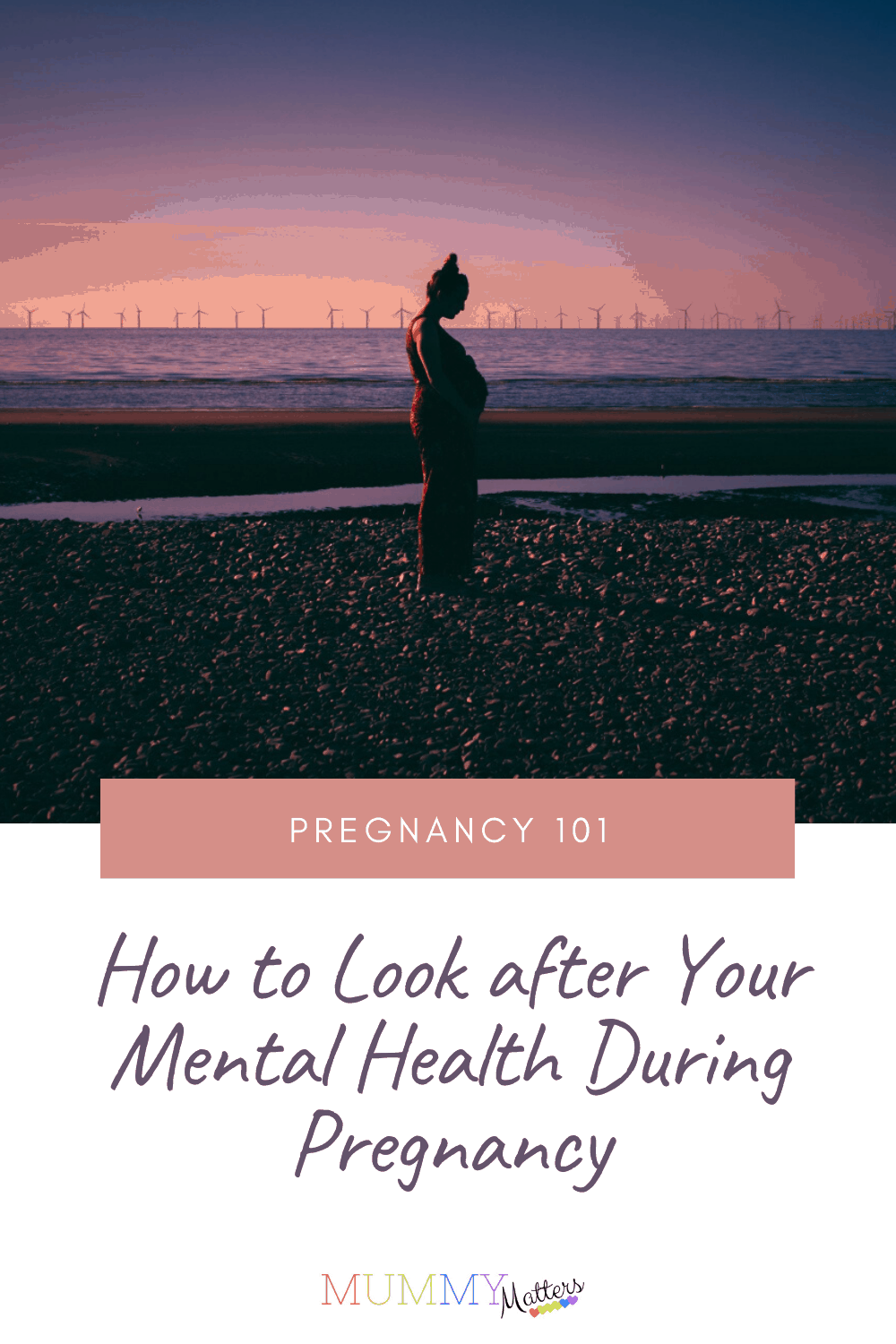For many, the pregnancy and postpartum periods can be an incredibly challenging time, with perinatal mental illness affecting up to 20% of expectant and new mums.
Perinatal mental health is the umbrella term for all mental health conditions around pregnancy, including the year after birth. And, while topics such as prenatal and postnatal depression are spoken about much more freely than they used to be, often women do not know where to turn for help.
That’s why, in line with Mental Health Awareness Week, Lesley Gilchrist, registered midwife and founder of My Expert Midwife, has shared her advice to raise awareness of the support available to those who may be suffering and help expectant mums to look after their mental health during pregnancy.
1. Identify the risk factors

First and foremost, it is essential to have open discussions with your midwife about your mental health, as pregnancy can often be a trigger for resurfacing pre-existing mental health issues, as well as developing them for the first time.
Aside from the hormonal and physical changes that occur in pregnancy, there are a number of risk factors which suggest why some women develop mental health conditions during pregnancy. To be able to address these early, it is important to have an understanding of what these factors are.
- Previous post-traumatic stress disorder (PTSD)
- Lack of access to specialist support or services during a time in your life when you needed it
- Previous history of mental health problems or personality disorders, such as anxiety or depression
- Having a difficult or abusive childhood – whether it be sexual, physical, emotional abuse or having been neglected as a child.
- Feelings of loneliness, or having a lack of social and family support
- Chemical imbalances in the brain
However, try not to worry, as although having one or more of these factors may increase your chances of developing mental health issues during pregnancy, it does not necessarily mean you will.
2. Be aware of your own mental health

Understanding the risk factors associated with perinatal mental health is one thing but being able to apply them to yourself and your own experiences is another.
If you have suffered from mental health in the past, it may become apparent to yourself and those around you when you are becoming unwell. Consult your midwife, GP, or another healthcare professional as soon as you recognise any of these warning signs. They will be able to point you in the direction of the support and guidance available to help you face the challenges and enjoy your pregnancy as best as you can.
Even if you have not previously suffered with mental health issues, it is important not to ignore any unusual feelings. Listen to your body and mind, as they may be trying to tell you something.
Try self-help techniques

Exercise has been proven to improve mental health during pregnancy, as well as relieve stress and tension. However, it is often difficult to find the motivation to exercise at the best of times, let alone when you’re pregnant.
That said, there are lots of free, online work out classes suitable for pregnant women which can help to keep you motivated, or you can ask a member of your family to join you and hold you accountable. To make this easier to stick with, try to choose an exercise or activity you enjoy doing!
Talking to people is also key. Being open and honest about how you are feeling is invaluable and will help you to understand and address any concerns. Confide in friends, family, or healthcare professionals you trust so that they can lend their help if needs be.
Seek support
The sooner you seek assistance, the better. There is a range of charities you could turn to which offer support with perinatal mental health. For instance, the PANDAS Foundation provides a safe community that offers hope and empathy to parents affected by perinatal mental illness, as well as offering knowledge and guidance from trained professionals with experience in the health care industry.
Remember that your mental health is just as important as your physical health so don’t neglect it. Your journey of pregnancy should be a happy one, getting ready to start a new chapter of your life – so be open, talk to people and try not to shy away from finding help if or when you need it. For more information about PANDAS visit www.pandasfoundation.org.uk or to find out more about My Expert Midwife, visit: www.myexpertmidwife.com

